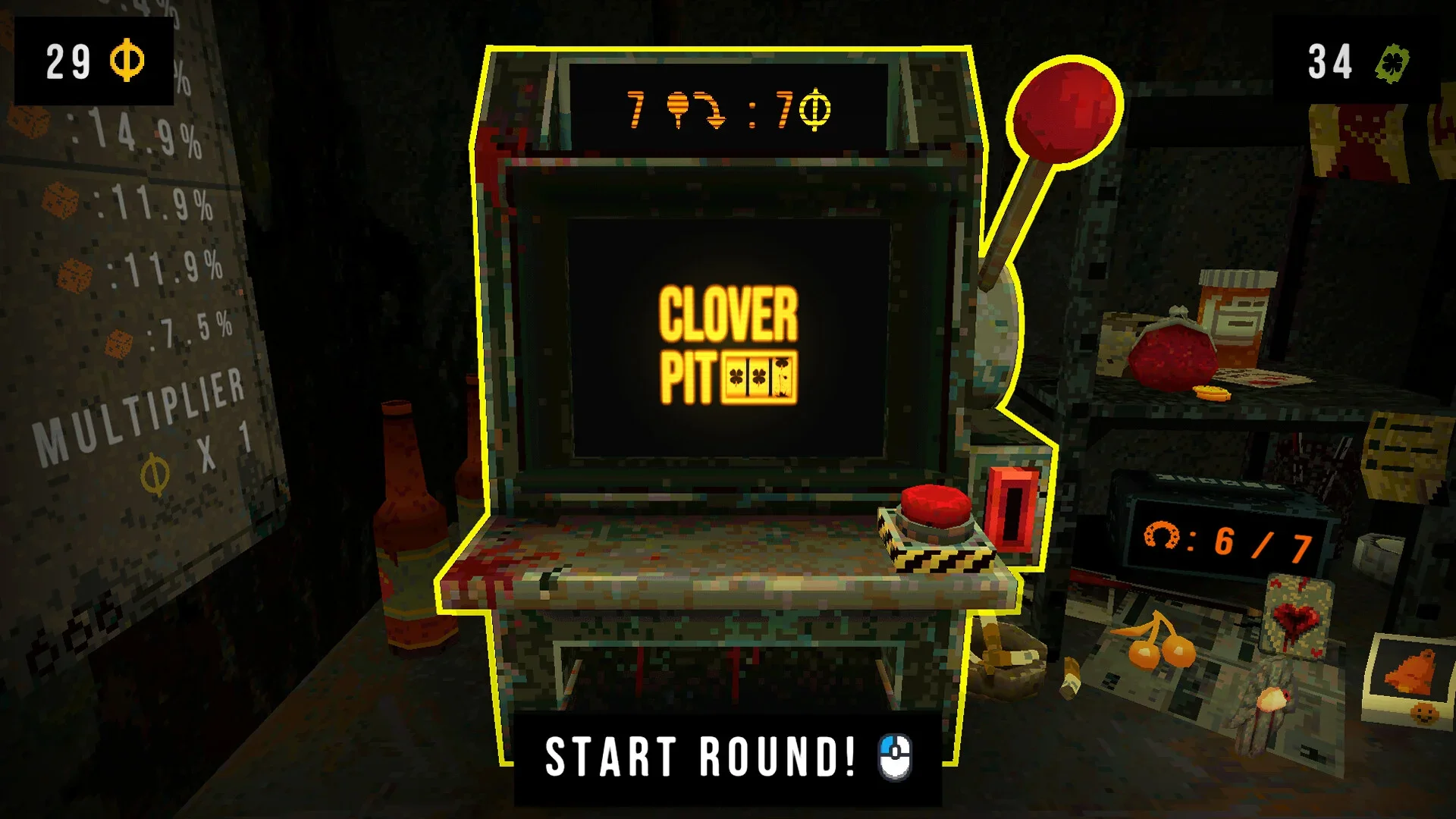Indie Rogue-lite CloverPit Sells 100,000 Copies in First 24 Hours
Every once in a while, a game with the perfect pitch comes along and just explodes. Today, that game is CloverPit, a title being rightfully called the "demonic lovechild of Balatro and Buckshot Roulette."
In a stunning debut, the developers announced that CloverPit has sold a massive 100,000 copies in under 24 hours. That’s a hell of a launch for any game, let alone a new indie on the block. The team behind it is, understandably, ecstatic, saying "we can't quite believe it yet, thank you so so much for the support".
So, what's all the fuss about?
What the Hell is CloverPit?
Imagine you're locked in a rusty, hellish cell. Your only companions are a beat-up slot machine and an ATM. At the end of every round, you have to pay off a debt. Fail, and you're done for. That’s the grim, escape-room-style setup for this roguelite.
The goal isn't just to pull a lever and pray. The whole point is to break the machine. With over 150 items, prizes, and charms, you manipulate the odds, create insane combos, and "bend the rules" to force a jackpot. It’s a game about addiction and escape, where you have to lean into the vice to have a shot at freedom.
But Is It Gambling?
In today's climate, a game centered around a slot machine is bound to raise some eyebrows. The developers have gotten out ahead of this, making it crystal clear on their store page. Is this a gambling game?
"Hell no!" they state unequivocally. They emphasize that CloverPit is a rogue-lite horror game, not a slot machine simulator. The machine is a game mechanic designed to be "broken and ultimately overcome," and it will never ask you for real money.
In a sea of live-service bullshit and predatory monetization, it's always great to see a clever, twisted indie game hit it big. CloverPit seems to have found the perfect formula for addiction, just without the real-world debt. I'm diving in.
